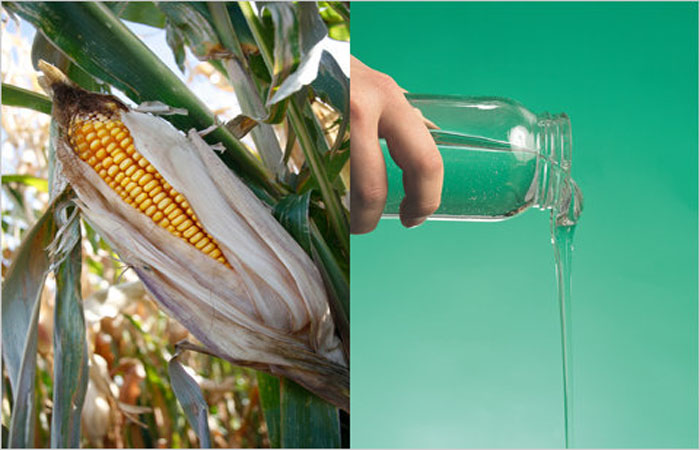
Sugar and High Fructose Corn Syrup
November is polygenic disease Awareness Month and a decent time to admit the numerous amounts of sugar and high laevulose syrup within the yank diet, that have contributed to a dramatic rise inobesity and diabetes. The habit-forming qualities of sugar and high laevulose syrup square measure making a brand new specialise in foodaddiction.
Ironically, when the government ordered cocaine removed from all Coca-Cola beverages no one knew that the substance that took its place would have significant health consequences. High laevulose syrup hit the markets within the Fifties as a surprise product.
Cheaper than sugar cane while still packing all the intense sweetness we associate with confectionery delights, high fructose corn syrup is now used to sweeten tons of candies, juices, sodas, cookies, cakes and creams and has even found its way into items like bread, soups and other prepackaged foods.
Shadowing a similar receptor pathways of alternative eaten habit-forming chemicals, as well as hard drug and opiates, high fructose corn syrup alters the transmission of certain brain chemicals including endorphins, dopamine andserotonin, which, in turn, trigger the pleasure center of our brains, effort USA wanting additional.
A 2007 study (Lenoir M, Serre F, Cantin L, Ahmed SH) found that intense sweetness surpasses cocaine reward even in addicted and drug-sensitized individuals leading to increased aggression upon withdrawal and a stoppage of the dopamine/acetylcholine reward balance within the brain. The alterations on brain operate brought on by high laevulose syrup and alternative refined sugars manufacture several of the hallmarks of addiction: intense desire, the shortcoming to regulate or stop use, a preoccupation with the substance and withdrawal symptoms. The idea of afters becomes elevated to an entire new level.
The researchers all over that the excessive stimulation of sweet receptors by sugar-rich diets, such as those now widely available in modern societies, generate a supranormal reward signal in the brain, with the potential to override self-control mechanisms and lead to addiction.
As someone who works with eating disorders and emotional eaters, I am convinced that sugar—and particularly high fructose corn syrup, which is so overused in foods today—is an addictive substance, leaving one wanting more and more. Unfortunately, there are many nutritionists, dietitians and professionals who don’t believe sugar can be addictive to some people.
My years of labor, as well as this new scientific study, show otherwise. Sugar is like alcohol: some folks haven’t any downside having many drinks, but others cannot stop after that first drink.
We are in the midst of a major obesity crisis in this country. More than one-third of U.S. adults (35.7 percent) are obese, according to the Centers for Disease Control and Prevention. This raises their risk of heart disease, stroke, type 2 diabetes and certain types of cancer. Currently, diabetes affects 8.3 percent of people in the United States, approximately 25.8 million people. Another 79 million people—35 percent of all U.S. adults—have prediabetes, which raises their risk of developing diabetes.
I’m convinced that sugar and varied varieties of disaccharide and laevulose square measure major culprits during this health crisis. I’ve famous however habit-forming sugar and high laevulose syrup may be from operating with disordered ingestion victims for many years. Now, with this new scientific backup, perhaps we are able to educate the final public that, for some, sugar and high laevulose syrup will cause fatness, polygenic disease and/or addiction. Nothing less than the health of our nation is at stake.



